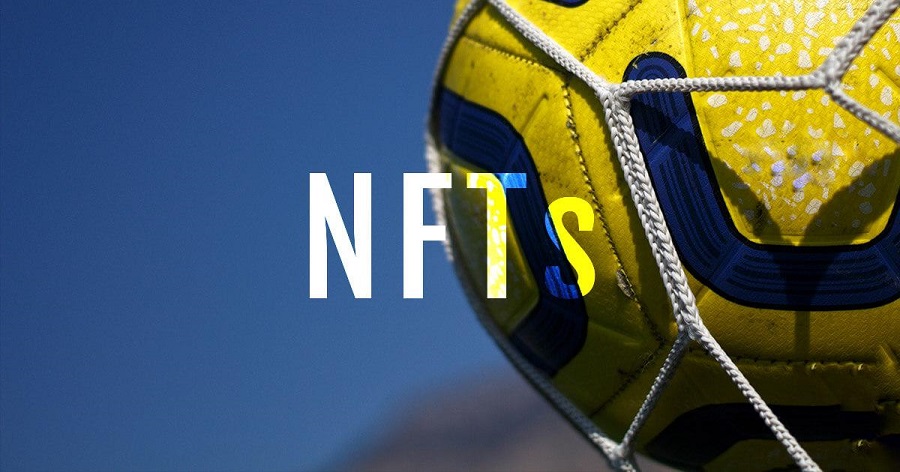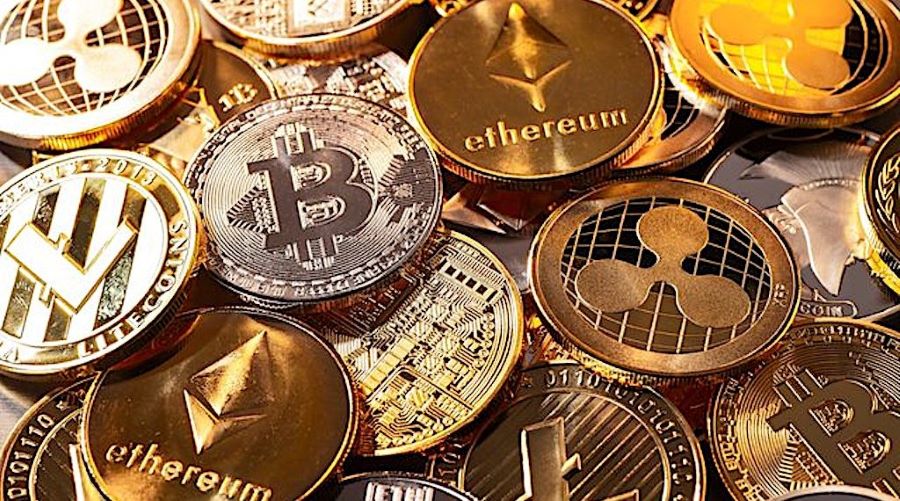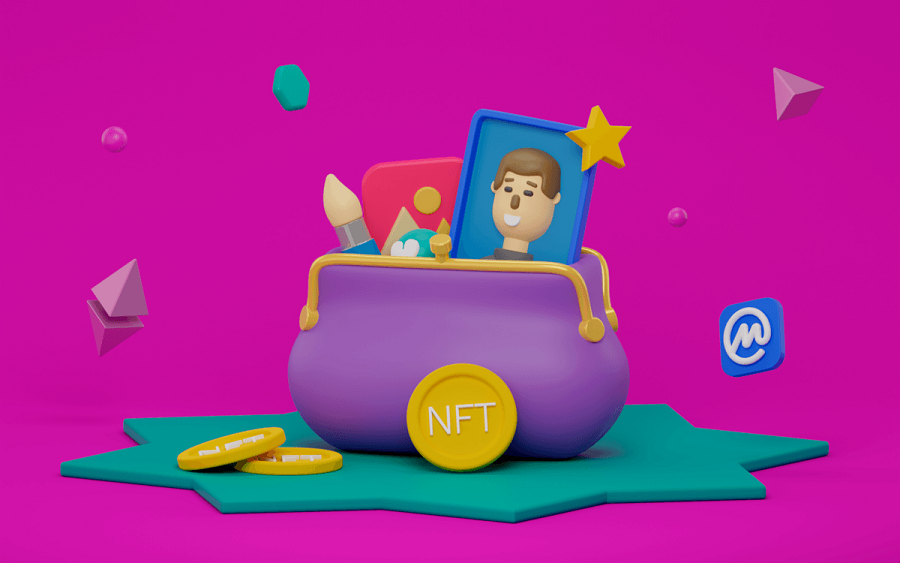The exciting world of sports is about to get even more exciting as NFTs are poised to make a big impact in 2022. Non Fungible Tokens (NFTs) are unique, digital identifiers that use blockchain technology to record ownership of media. Fans and lovers of different sports will now have the unprecedented ability to acquire, and not just view licensed digital media of their favourite sports moments.
The ownership and rights use of any piece of digital content are made available by the use of NFTs by providing the content a specific, non-duplicable identifier. This identifier is then recorded on blockchain technology or distributed database, most notably Flow or Ethereum. Most sports NFTs sold till date have no ownership or use rights in underlying media, although ownership of an NFT may include ownership of the underlying digital asset.
There is a smart contract embedded in each NFT whose terms execute immediately and irrevocably with each trade, and are applicable indefinitely. Think of NFTs as digital versions of anything physical, and you begin to understand the remarkable opportunities embedded in this innovation.
The revenue angle
Deloitte Global, one of the world’s leading audit firms expects that NFTs for sports media will generate more than $2bn in transactions next year, which is about double the figure for 2021. It is believed that at the end of 2022, between 4-5 million sports fans all over the world will either purchase or be gifted an NFT sports collectible.
The wider NFT market, most especially digital art, that had generated over $100m as at August 2021 is expected to spur more interest in sports NFTs, and with major sports competitions such as the World Cup and tennis Grand Slams taking center stage, fan engagement in NFTs is set to skyrocket.
One crucial revenue stream in sports NFTs in 2022 will be the sale of player cards or limited-version video clips. The NFT will be valued by a number of factors including the popularity of the athlete, demand, any additional content included in the NFT, and significance of the event, which might be loosely translated to a winning goal, a dunk, a buzzer-beater, or a home run. These NFTs would now be sold at an auction to the highest bidder.
The angle of sports memorabilia
In times past, fans would walk into a store and buy sports merchandise and wear/use them physically to publicly identify with their favourite teams. NFTs are changing this narrative, as fans can simply acquire rights to digital captures of an important sporting moment. Investment bank, Jeffries, stated recently in a research note, that the broader NFT market is expected to grow into about $75bn, compared to around $14bn today, with much of the boom expected to be in the form of sports NFTs. There is a massive increase in the sports NFTs industry because sports fans have always wanted to buy exclusive tokens tied to their favourite teams. This could be a signed match ball, an autographed jersey and signed baseball hat.
Christian Ferri, the CEO of California-based NFT Pro, said, “People are going to get physical memorabilia with a NFT and that would guarantee the authenticity and the digital scarcity of it,” which would explain the increasing relationship between physical and digital memorabilia.
Athlete-designed or branded digital versions of real-life objects can exist digitally, like sneakers. Digital shoe design, Gucci Virtual 25 can only be worn using augmented reality.
The case of increased fan engagement
NFTs are also a great way of enhancing relationships with fans. Right holders are gradually considering how best to apply NFTs to enhance fan experience by allowing fans to acquire and display NFTs of their team.
Fan tokens are similar to membership cards in the sense that they give fans the opportunity to vote on club matters. Fans can participate in issues such as kit designs, player of the month, which songs are played during game intervals, names of training ground and picking of charity initiatives. Socios.com, the fan token website and cryptocurrency, Chiliz ($CHZ), offer fan engagement tokens focused on sports and e-sports.
Fantasy sports league applications can also use NFTs to represent a player that can be entered to be part of a team that is in a season-long competition.
Final Thoughts
The popularity of sports NFTs is increasing daily, as they offer remarkable and seemingly endless possibilities into fan engagement. However, buyers and sellers of these digital assets must be wary of trying to use these NFTs to deliver big profits long-term, as it is tough to predict if a sport NFT will grow more valuable in the future.

















